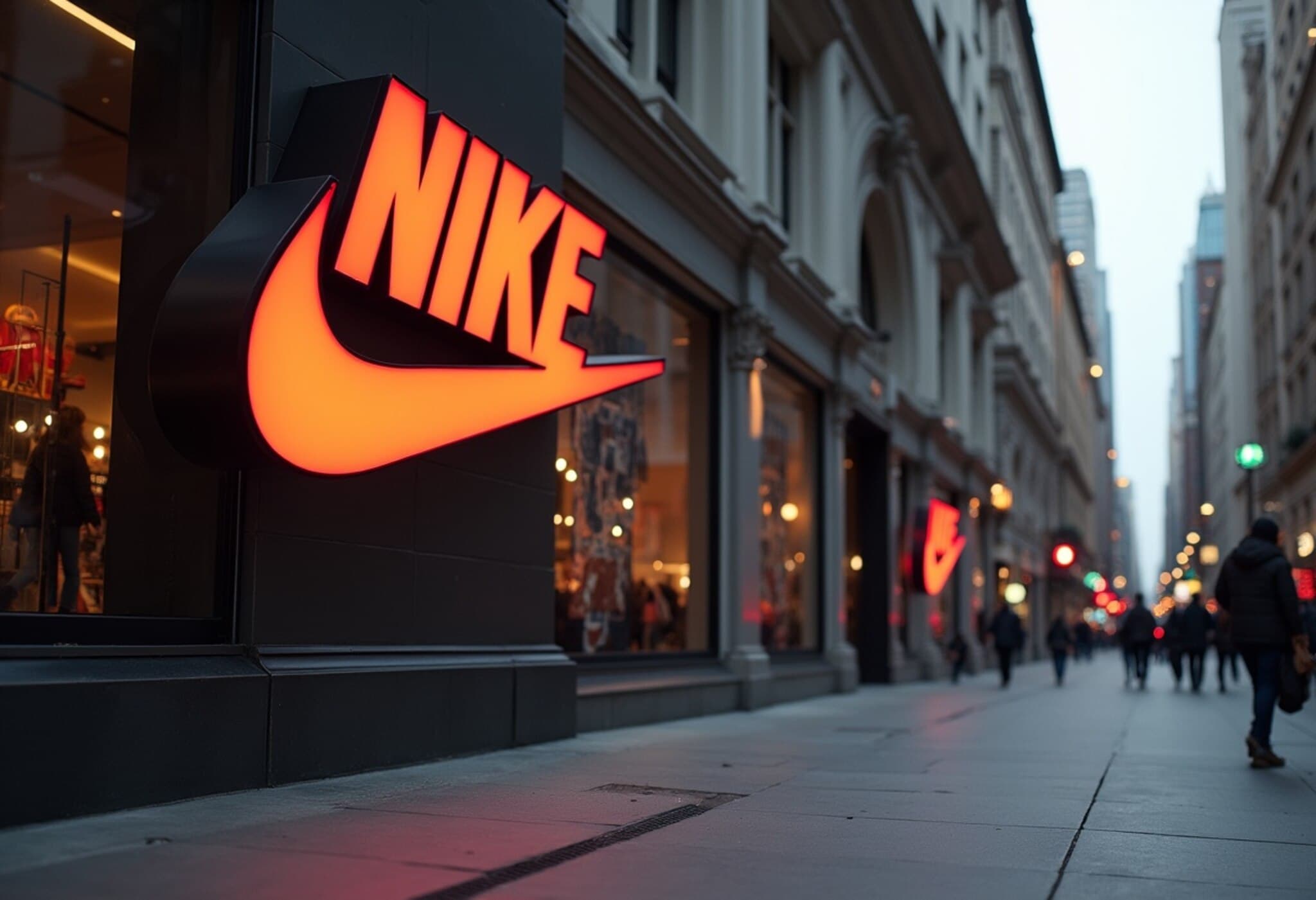Nike Announces Corporate Layoffs Amid Strategic Shift
Global sportswear giant Nike is gearing up to reduce its corporate workforce by less than 1%, marking the latest step in CEO Elliott Hill's ambitious strategy to realign the company’s internal structure and rekindle its pioneering spirit. This move, disclosed in late August 2025, follows Hill’s determination to pivot the company back toward its athletic roots and reconnect deeply with consumers through sport and culture.
From Lifestyle Back to Sport: A Shift in Corporate Philosophy
Under Hill’s predecessor, John Donahoe, Nike’s business was segmented into distinct divisions focused on women’s, men’s, and kids’ categories—an approach aimed at expanding the lifestyle segment but criticized for diluting Nike’s core athlete-centric identity.
Experts and industry observers have pointed out that this segmentation may have contributed to a slowdown in Nike’s sales growth, as the brand appeared to stray from its strength in performance sportswear and innovation. Nike’s sales numbers reflected these challenges in recent quarters, prompting calls for a recalibrated corporate strategy.
Hill’s Vision: Sport-Obsessed Teams Driving Innovation
Since taking the reins, Elliott Hill, a seasoned Nike veteran, has signaled a decisive course correction. His vision involves dissolving the gender- and age-based silos in favor of "sport-obsessed teams" that cut across Nike, Jordan, and Converse brands. These teams will focus on creating innovative products tailored specifically for athletes’ needs, re-centering sport and culture in the company’s DNA.
"Instead of a men's, women's and kids construct, Nike, Jordan, and Converse teams will now come to work every day with a mission to create the most innovative and coveted products for the specific athletes they serve," Hill told analysts during a recent earnings call.
Operational Changes and Workforce Impacts
The upcoming layoffs are part of this realignment, though Nike stresses that the percentage of affected employees is small—less than 1% of corporate staff—and that regional businesses such as EMEA operations and Converse remain untouched.
According to company communications, some employees will receive new responsibilities, report to different managers, or transition to new teams. Staff who are impacted are expected to be informed by September 8, with most organizational changes taking effect by September 21.
In preparation for these communications, corporate personnel in U.S. and Canadian offices have been advised to work remotely for the week, allowing time for thoughtful conversations between leaders and team members during this sensitive period.
Looking Ahead: Reigniting Growth and Innovation
Hill’s efforts come amid signs of a market rebound for Nike. In its fiscal fourth quarter earnings announced in June 2025, the company projected a flattening of previous sales and profit declines, suggesting that the brand's turnaround is gaining traction.
By refocusing on innovation and strengthening wholesale partnerships, Nike aims to reinvigorate its market leadership and ensure that it remains indispensable to athletes worldwide.
Expert Insight: Why Nike’s Realignment Matters
From a broader economic and business strategy perspective, Nike’s restructuring reflects a larger trend in the retail and apparel industry where brands are reevaluating their organizational models to better meet evolving consumer demands and market dynamics.
For investors and industry watchers, this pivot represents Nike's commitment to leveraging its heritage in sports performance while embracing agility in a rapidly changing marketplace marked by digital transformation and shifting consumer preferences.
Questions Raised: The Human and Market Impact
- How will the new sport-centric team structures affect innovation cycles and product development speed?
- What measures is Nike taking to ensure the welfare of employees impacted by layoffs?
- Could Nike’s competitors capitalize on any temporary disruption during this transition?
Editor’s Note
Nike’s leaner corporate staff and reoriented focus spotlight the challenges legacy brands face when balancing diversification with core identity. The evolving strategy under Hill suggests that the company believes the future lies in deepening the connection between high-performance sport and cultural relevance—a move that could redefine how global brands innovate and engage. As Nike navigates these changes, observing how this realignment influences both workforce morale and market performance will provide valuable lessons for corporate restructuring in the fast-evolving retail sector.











